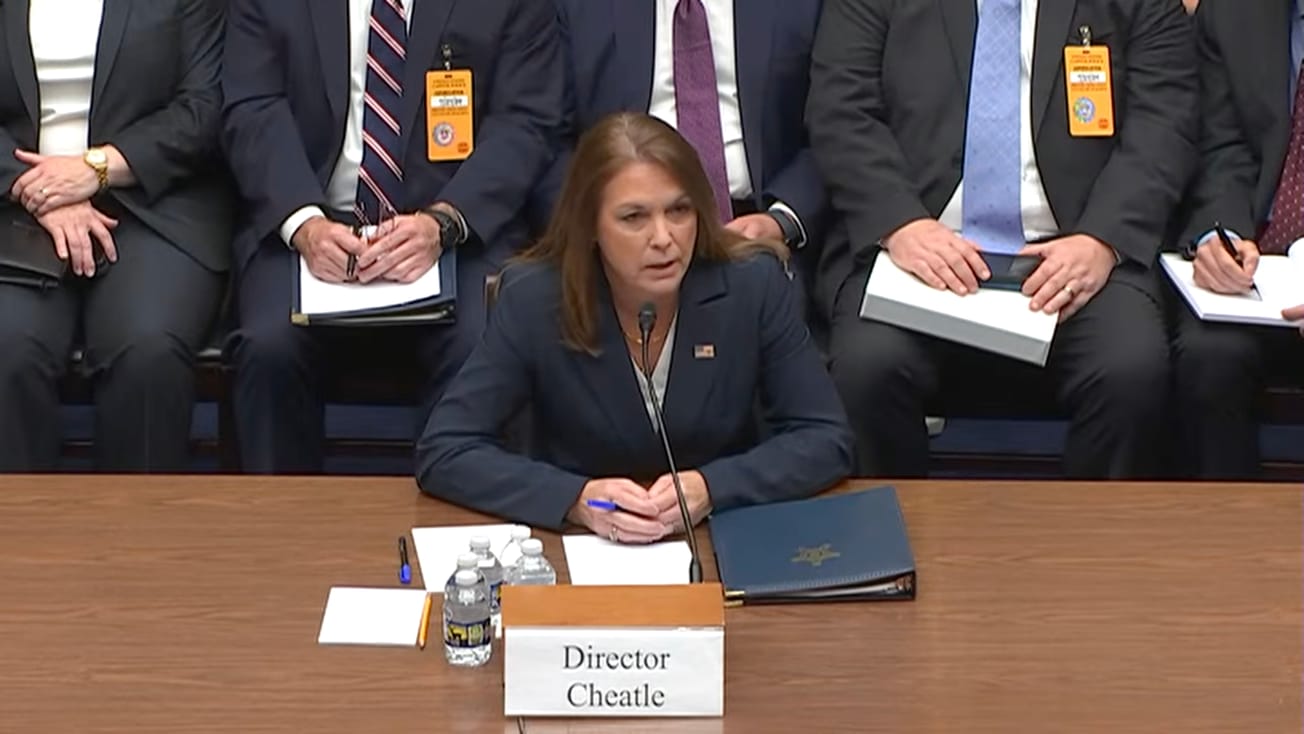The world is rapidly approaching multiple points of crisis, all of which require a transformation in orientation and axioms. In the case of NATO’s escalations against Russia, epitomized by the hysteria over supposed Russian nuclear weapons being deployed to space, a further wedge is being driven between any future relationship between Russia and the West. Russian Deputy Foreign Minister Sergei Ryabkov ridiculed the hype around the outer space weapons as “absurd,” and said that it is becoming impossible to communicate with the U.S. about almost anything, given the U.S.’s flagrant lies.
Exemplary of this type of disingenuous behavior were the statements by NATO Secretary-General Jens Stoltenberg. In one statement this week, Stoltenberg claimed that, “We are working on that every day to avoid” a war between NATO and Russia, while in another he stressed that Ukraine should be empowered to use F-16s to strike “outside of its borders,” i.e., inside Russia. Is it any wonder Russia has a hard time trusting Western officials?
Something has to break, as this irrationality is having dire effects within Western nations themselves. European nations continue to see drastic economic decline, made worse from their own sanctions against Russia. The situation has worsened to the point that at a summit of EU finance ministers meeting in Brussels, various desperate proposals were heard as to how to thread the needle of funding the “climate transition,” investing in artificial intelligence, and preparing Europe’s military defenses for a long war with Russia. And all this while budgets are collapsing, prices are soaring, and the population is in revolt.
In Gaza, the situation is reaching a point of no return. There is increasing bombardment of Gaza’s last so-called “safe zone” in Rafah, and a threatened full-scale ground invasion. On top of that, the population is reaching famine-like conditions after months of deliberate withholding of humanitarian aid by the Israelis. Israel has not only expressed indifference, but has indignantly announced new illegal settlements in the West Bank. The U.S.’s modest complaints against Israel’s actions are so far meaningless, and serve only to condone the ongoing horror unfolding there.
Preliminary reports are coming out that a hostage deal is under discussion between Israel, Egypt, Qatar, and the U.S., and that talks are continuing to move forward in Paris. Whatever happens with these talks, and whether or not a pause in the fighting proceeds in exchange for hostage and prisoner releases, what will come after this? How long can a “truce” last? And how can a long-term future of stability and peace be secured for this region?
The LaRouche Oasis Plan makes this opportunity clear. The economic development perspective laid out in the Oasis Plan report provides a pathway to change the underlying dynamic of the region, from one of conflict to instead one of development and stability. In essence, to one of win-win. The assimilation of the Oasis Plan, therefore, can be a crucial factor in shifting this discussion beyond the point of embittered grievances.
In the background of all of this, however, is a shift in outlook which is increasingly sweeping the world. China’s UN Ambassador Zhang Jun pointed directly to such a shift during a UN Security Council hearing Friday, Feb. 23, when he insisted the only way to resolve the conflict in Ukraine and the world more broadly is to change one’s thinking:
“The Cold War ended over 30 years ago. Since then, the international landscape has undergone profound adjustments, and the multi-polarization of the world has picked up pace. This is the trend of the times and the tide of history. Humanity is a community with a shared future. All countries, large and small, are equal members of the global community when it comes to international relations, and are entitled to a place in the international arena.… For the world to slide back to the colonial age is not an option.… [Countries] must conduct their relations responsibly and manage their differences properly in pursuit of win-win cooperation.”
This is the challenge before us. From the proper standpoint, even the largest problems become small when one overcomes old axioms. So spread the Oasis Plan everywhere—the scales are already beginning to tip.









